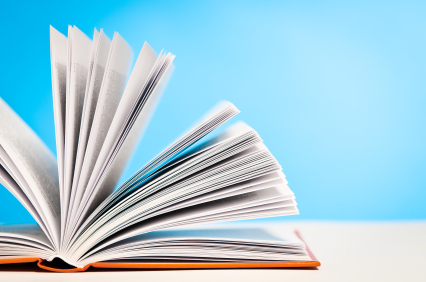30 Days of Politics
“It was the best of times, it was the worst of times, it was the age of wisdom, it was the age of foolishness.”
Dickens’ quote popped into my head when I felt the unmistakeable squelch of an unseen pigeon unloading onto my head from a great height in the courtyard. Just hours earlier, I’d been seeking a moment of quiet refuge in the Senate toilets when a Senator rushed through the door, and stood there a couple of seconds while we stared at each other in shock, she still holding the door ajar.
“You didn’t lock the door properly!” the Senator complained. No, Senator. I thought I had. Oh, god, I wish I had.
Being a journalist at Parliament House is a curious mix of observing and being observed. Walking the corridors in search of a coffee is an exercise in trying to see who’s around, who’s talking to whom, figuring what you might be missing and, of course, who the people who are watching you might be.
When you talk to politicians or their advisors in corridors, your colleagues from opposing news outlets will suddenly slow down as they approach, making a charade of checking their text messages to feign indifference, ears flapping. God help you if you have a loudly whispered argument with someone in the corridor, as I have. Half the press gallery turned out for that one. And for as long as I work here, I’ll be watching for that Senator, whose face is burnt into my brain.
Working in this place is, for most, the culmination of years of hard work. But once you’re here an alternate reality can take hold. Leadership contests, fierce debates about asylum seeker policy, the carbon tax – all these provoke a kind of group hysteria among those tasked to record these events for posterity. The political debates in this period of minority government are fierce and increasingly personal. And the pressure can be unrelenting.
Journalists have been known to dance a nervous-tension jig on deadline, to hit out at detractors on social media, to over-indulge on Wednesday-night drinks, to binge on deadline chocolate and to “jokingly” snark at each other to fight off the tension of sitting weeks.
But all of this was overshadowed two weeks after the pigeon shat on my head.
I came into work half an hour early for my 10am shift to find the usual noise and chatter in the office had fallen silent. People looked shell-shocked. Opening my emails, I found an all-staff missive telling us 1900 jobs would be cut from Fairfax, 150 from the capital cities’ metropolitan papers. Days later News Ltd announced it too would set out on a massive restructure and cut jobs. While its chief executive refused to say how many jobs would go, there are rumours as many as 1500 will be cut from the company. A week later three editors from the Sydney Morning Herald and the Age resigned in co-ordinated announcements before shocked staff.
In the midst of all this, journalists around the country have been put in a strange and unfamiliar position: we became part of the story, not used to seeing our own uncertain predicament laid out in headlines and on the nightly news. But there have also been outpourings of support for the media and its staff. While many have enjoyed the sight of “mainstream” media uncertainty – especially those fond of the #msm hashtag on Twitter – others are thinking about what we want from our media, and what we don’t want to lose as it adapts to a new working model.
I have hope for our industry, and I believe in it strongly. And in these uncertain times, one thing’s for sure: you have to laugh. As Prime Minister Julia Gillard told the Press Gallery Midwinter Ball guests recently , it was a shame to hear about the job cuts across Australia’s newspapers. She dead-panned that she had no idea how it might feel to wake up each morning, wondering whether she still had a job.
** This post was contributed by a friend of mine who works in Canberra but wished to remain anonymous. ***

 30 Days -
30 Days - Missed Christie on Sunrise? See it here!
Missed Christie on Sunrise? See it here!


Comments